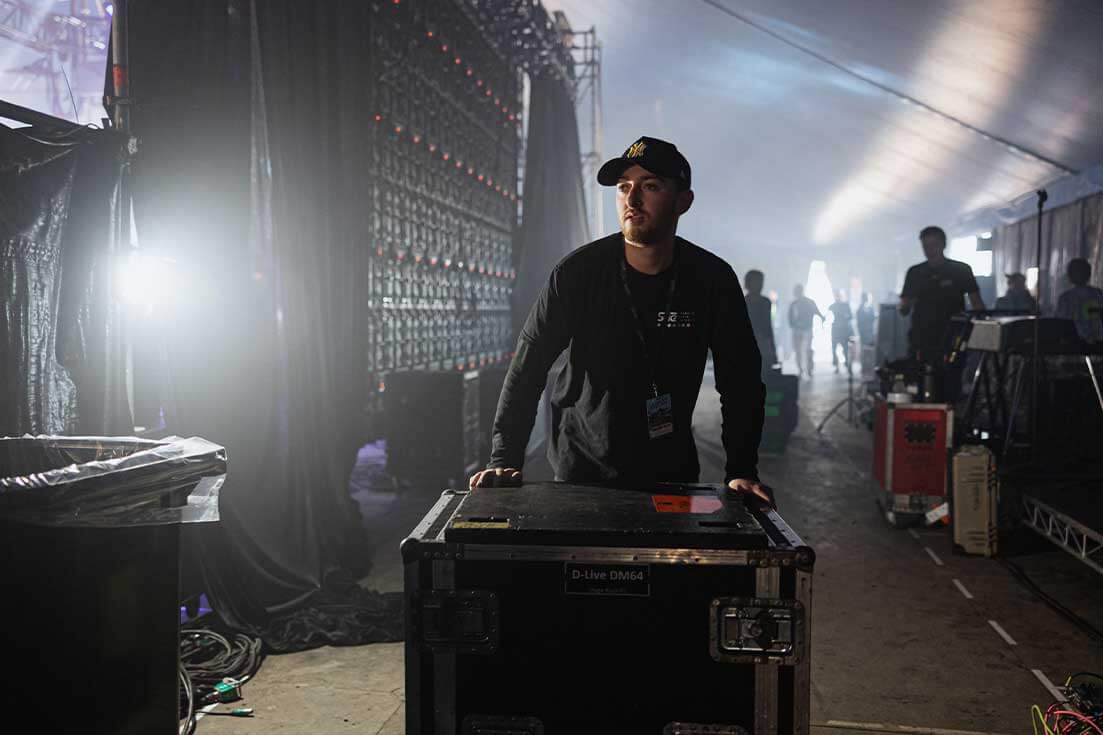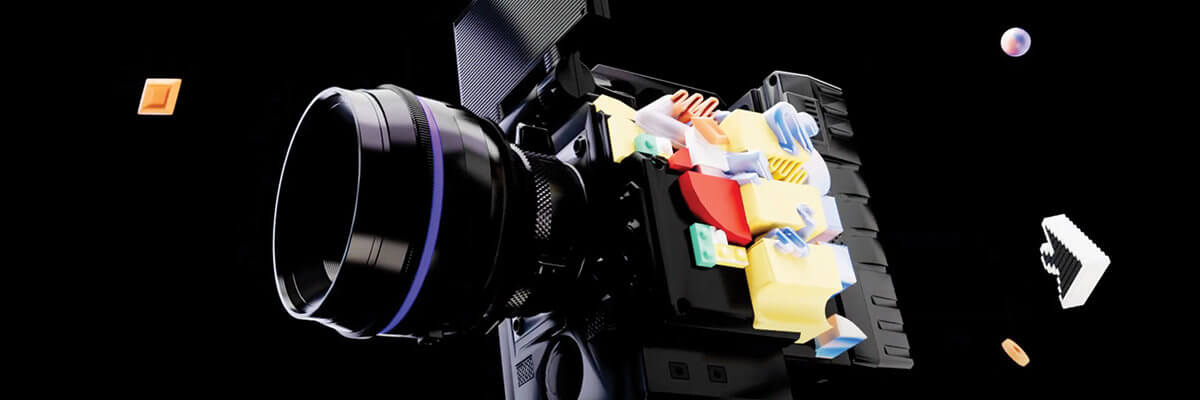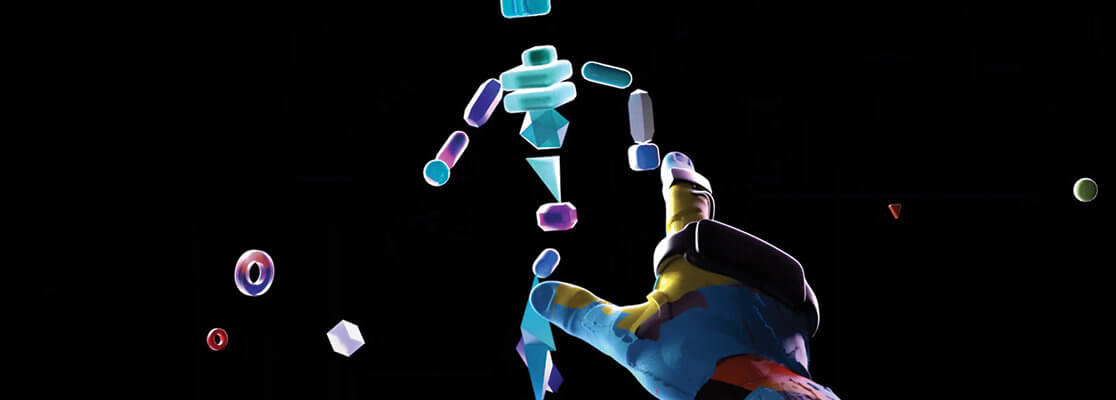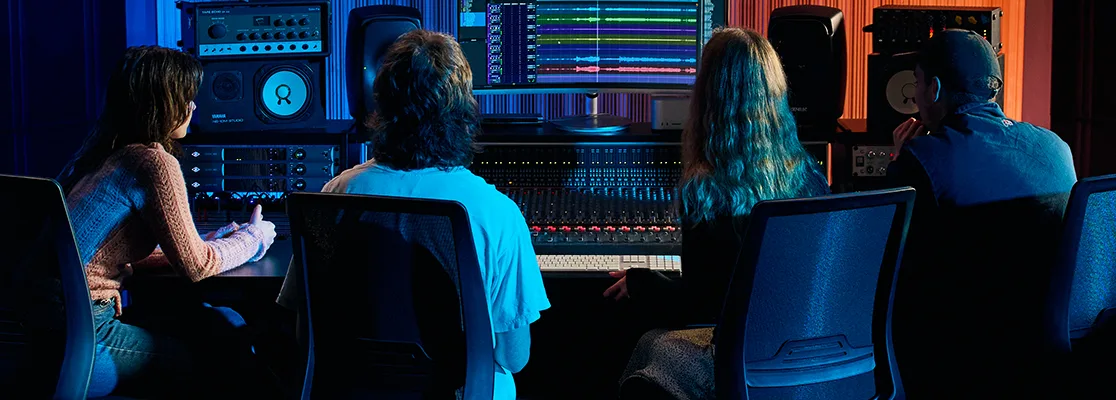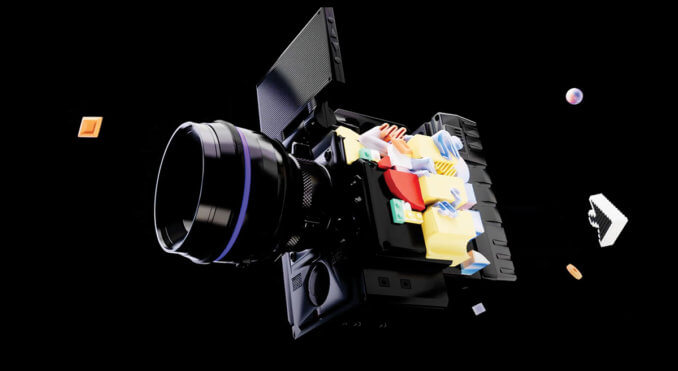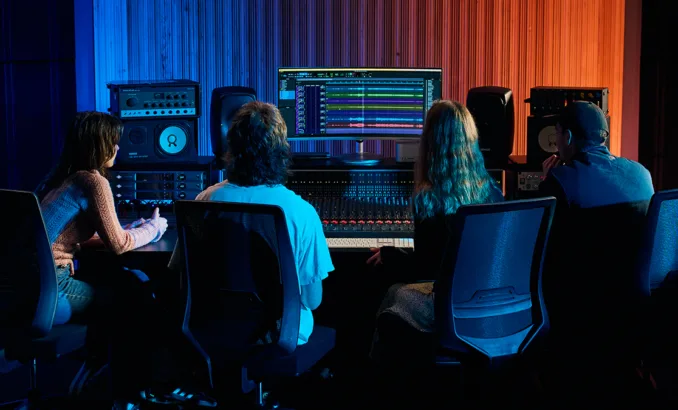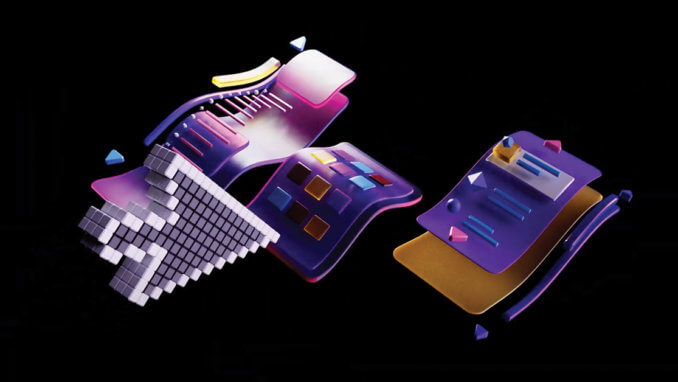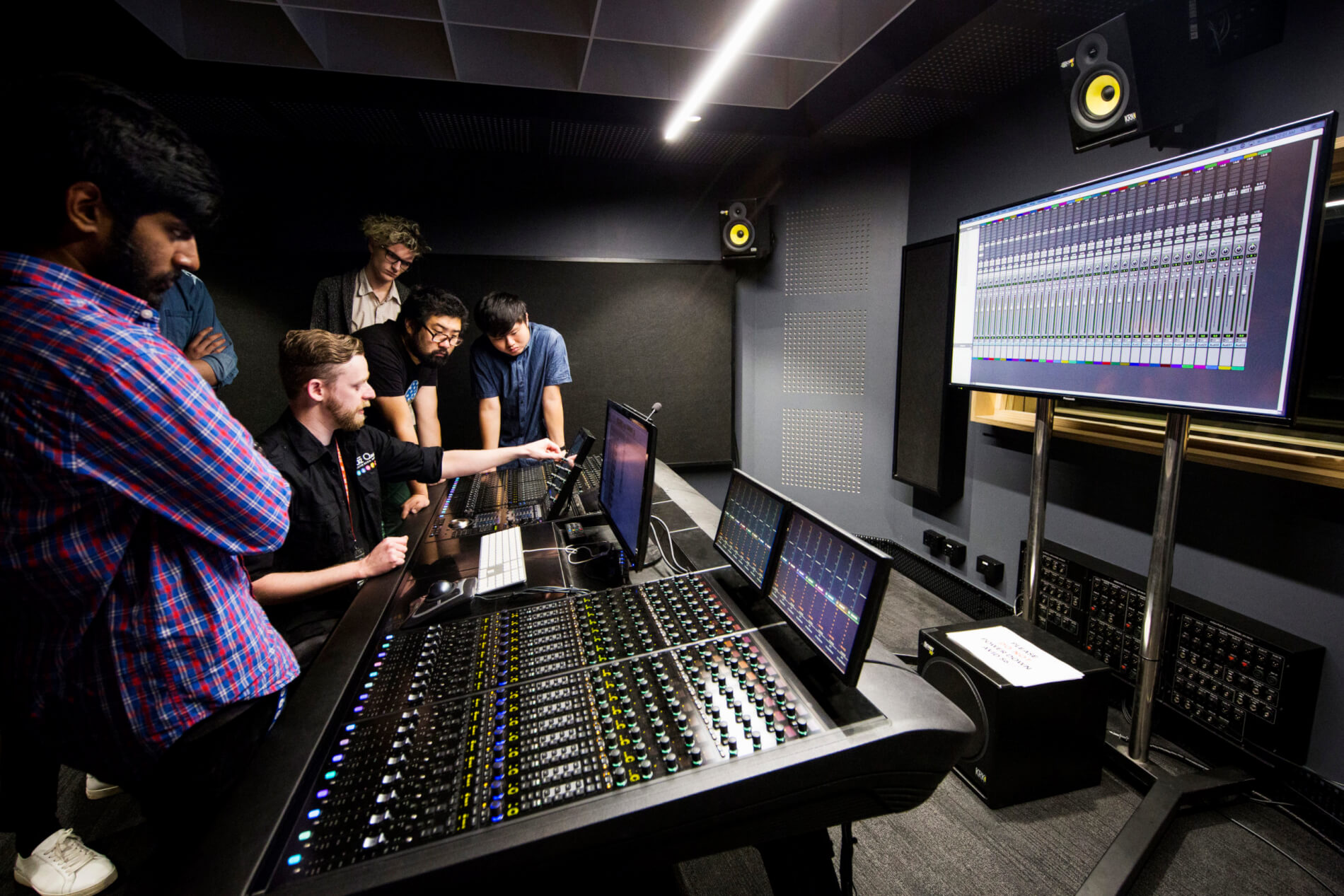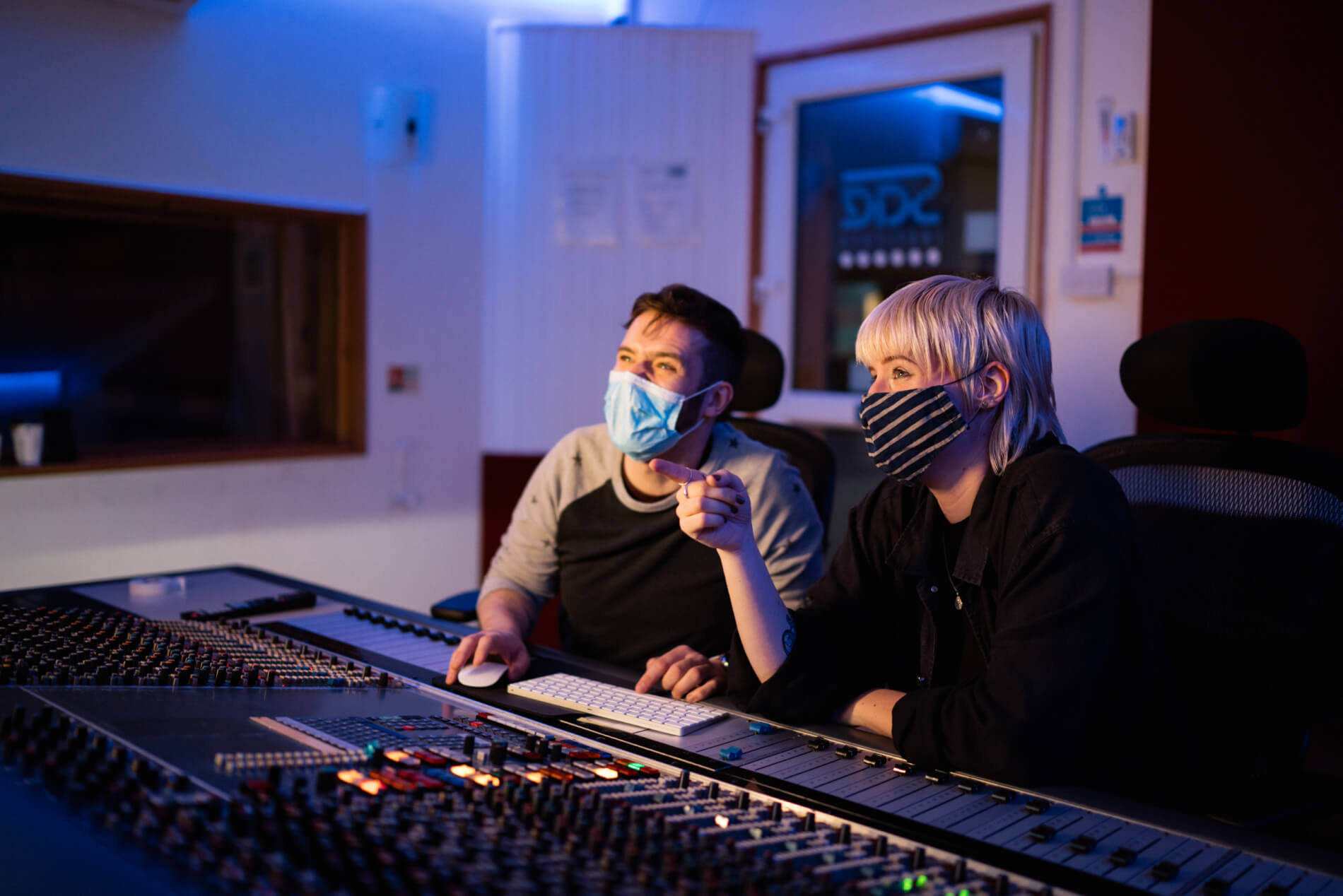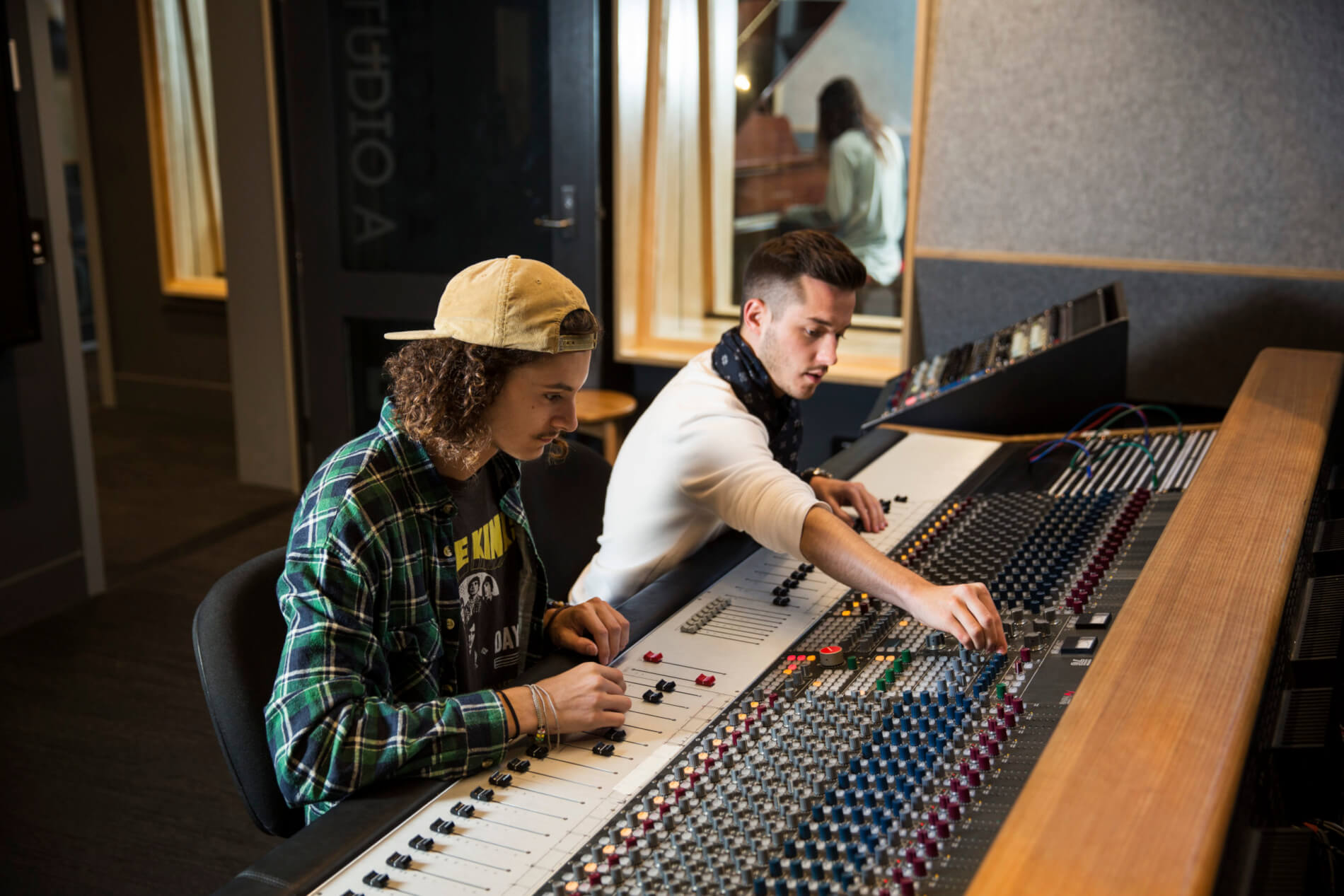Diploma of Audio Production
GET ON TRACK TO MAKE SERIOUS NOISE IN THE AUDIO INDUSTRY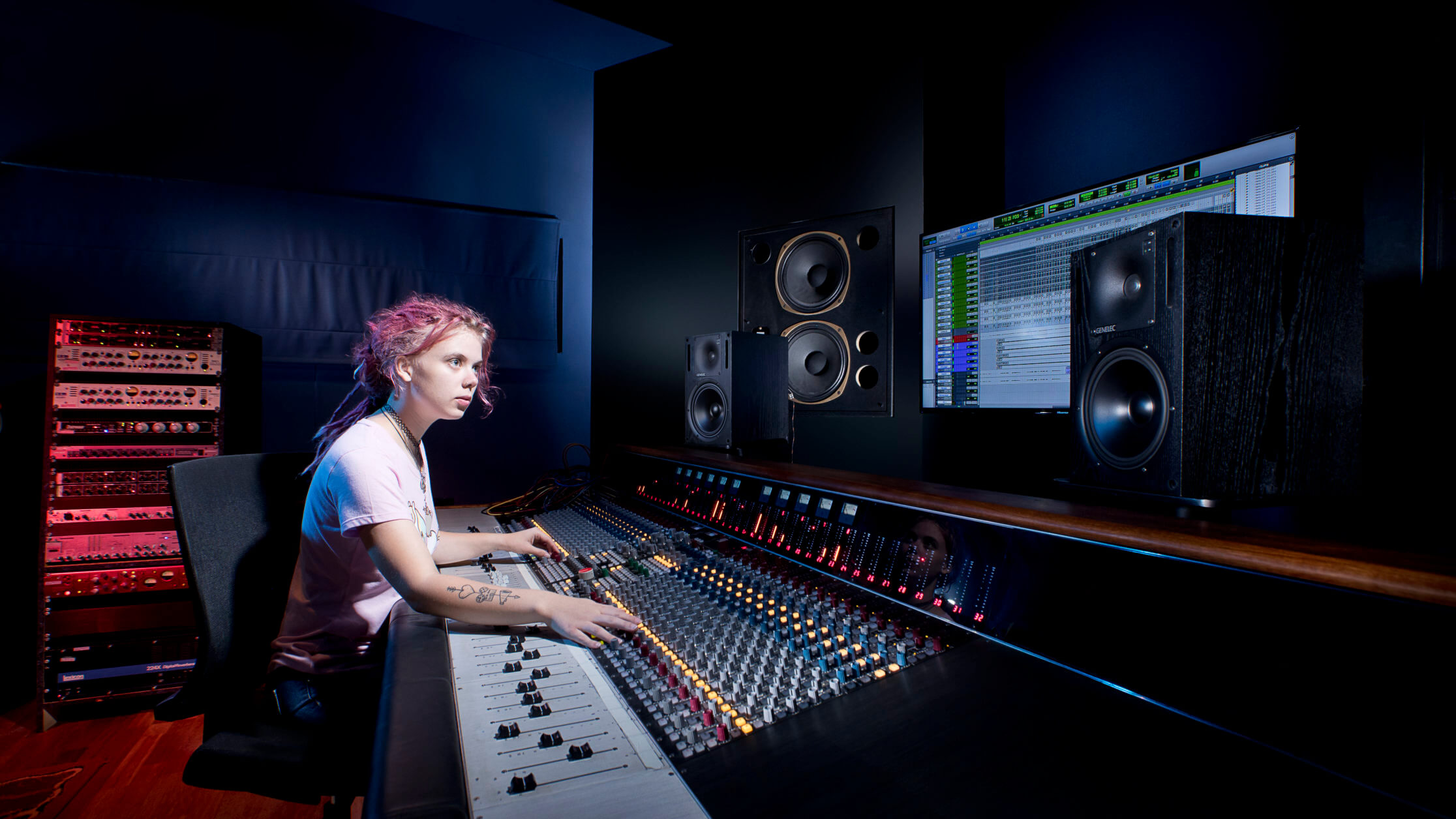
On-Campus
Ideal for students who thrive in a face-to-face environment with access to studios, peers, and in-person support.
- Includes 2 hours of weekly on-campus classes plus 1 hour of national content (online or asynchronous).
- Classes run Monday to Friday, morning, afternoon, and evening, with access to digital resources and support.
- Perfect for hands-on learning, collaboration, and real-time feedback.
Blended Delivery
Designed for those who want the best of both worlds, structured face-to-face learning with online flexibility.
- Combines 2 hours of live (on-campus or online) classes with 1 hour of national content each week.
- Balances in-person connection with the convenience of remote access.
- Supported by SAE’s online learning tools and self-directed study resources.
National Expertise
No matter how you study, you’ll learn from SAE’s national team of expert, industry-aligned faculty.
- Access top educators and specialists across Australia, wherever they’re based.
- Benefit from national masterclasses, guest lectures, and collaborative learning.
- Tap into deep industry knowledge that goes beyond your local campus.
Units x Costs ($AUD)
2 x $2,999
2 x $3,236
1 x $5,998
1 x $6,472
Indicative Annual Course Fee*
(based on 1.0 EFTSL)
$24,940 AUD
Plus Student Services and Amenities Fee (SSAF)
* The Indicative Annual Course Fee reflects that students are charged fees on a per unit basis and the fee for a unit may increase.
For more information view the SAE Fee Schedule or visit the Fees & Payment page.
Units x Costs ($AUD)
2 x $3,495
2 x $3,773
1 x $6,990
1 x $7,546
Indicative Annual Course Fee*
(based on 1.0 EFTSL)
$29,072 AUD
Plus Student Services and Amenities Fee (SSAF)
* The Indicative Annual Course Fee reflects that students are charged fees on a per unit basis and the fee for a unit may increase.
For more information view the SAE Fee Schedule or visit the Fees & Payment page.
Complete your course faster by studying the course units over approximately 7 months (2 trimesters).
Complete your course faster by studying the course units over approximately 7 months (2 trimesters).
Whilst still classified as a full-time study load, you will complete the course units over one year (3 trimesters).
If you want to take a little longer, that’s ok too. We’ll help you work out the best study load to suit your needs.
Note: Part-time is not available for international students.
September 2025
February 2026
May 2026
September 2025
February 2026
May 2026
September 2025
February 2026
May 2026
September 2025
February 2026
May 2026
September 2025
February 2026
May 2026
Your creative career starts with SAE
Course Structure
The Diploma of Audio Production is stage 1 of the 3 stages of a Bachelor.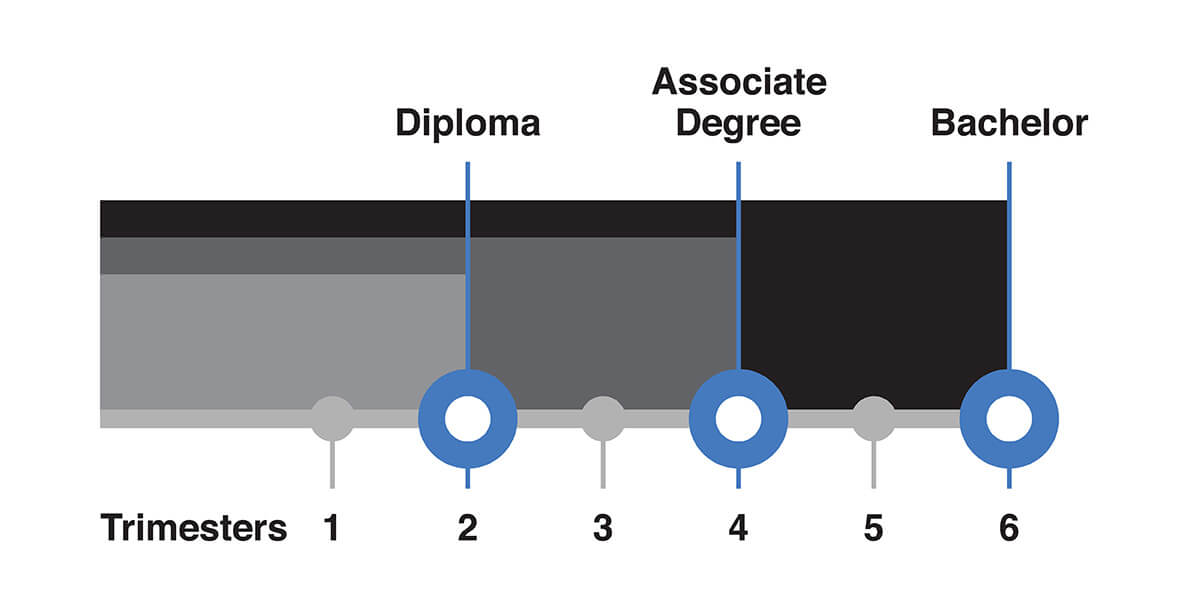
Thinking about Audio will introduce you to creative and scholarly thinking in your discipline. By examining leading thinkers and movements in your discipline, you will develop an understanding of key practical and transferable skills that will enable you to develop a deeper understanding of the learning process, research, and the nature of creativity and scholarship. This forms an essential foundation for your studies and your future career by fostering your skill as an independent learner and reflective practitioner.
Establish a basic knowledge of the principles of sound, foundational acoustics, human hearing, perception of sound and the range of technical terms related to audio. You'll sonically assess a listening environment and be able to communicate your ideas using industry terminology.
Potential projects:
Improve the acoustic properties of a home studio setup. Using technology analyse the sound of different rooms.
Gain the audio recording skills required to operate studio equipment and a Digital Audio Workstation (DAW) system by undertaking simple recording and mixing projects.
You'll be able to demonstrate an understanding of session planning, studio etiquette, microphone placement, signal flow, multi-track recording and signal processing (EQ, filters and dynamics processing) and be able to edit your session in preparation for mixdown.
Potential projects: Develop a plan for a professional recording session. Analyse sound recordings and create multiple mixes using balance, pan, equalisation, automation and FX processing.
This unit explores the concepts of entrepreneurship, innovation and project design. You will develop approaches to identify promising opportunities and actionable strategies to transform them into tangible successes. Through exposure to developing new ideas, processes and ways of working - both individually and in entrepreneurial teams - you will hone skills to put creative ideas into practice and achieve real-world impact.
As Alan Kay explained, "The best way to predict the future is to create it", so let's get at it!
An introduction to the technology used in various audio systems such as recording studios, live, and audio-visual sound reinforcement systems.
Develop basic soldering and electronics fault-finding skills and investigate the connectivity and terminology of small-scale audio systems.
Potential projects: Safely set up and operate small live sound or audio-visual systems for music or spoken presentations.
Apply your acquired production skills in real-life audio, music or sound design projects, one ‘in the box’ and one in the recording studio.
You'll deliver to a brief, using production skills and researching comparable works to create well-rounded products through iterative processes.
Potential projects:
First project: Enhance an audio production using sequencing, sampling and synthesis for music composition or sound design project.
Second project: Working on a collaborative studio production, You'll apply project management skills to demonstrate effective use of time and resources, whilst documenting and reflecting on the production process, identifying areas for improvements and responding to feedback from your your classmates and facilitator.
Learn using Industry Tools & Software








DIPLOMA OF AUDIO PRODUCTION
In a matter of months, you’ll learn the key fundamentals of studio production, live sound production, and DAW Operation.
The Diploma of Audio Production has been built in a way that gives you plenty of time with expert practitioners and many hours on the latest tools and software.
You will engage in collaborative learning and apply the skills learned throughout the course to a real-life scenario. Demonstrating your recording and mixing techniques you will deliver a practical recording from a specified brief, under the support and mentorship of our network of expert lecturers.
To complement your technical skills, you will graduate with employability skills, introductory project management skills, and scholarly techniques for higher education.
Upon completion, you will be eligible for up to 80 credit points towards the Bachelor of Audio.

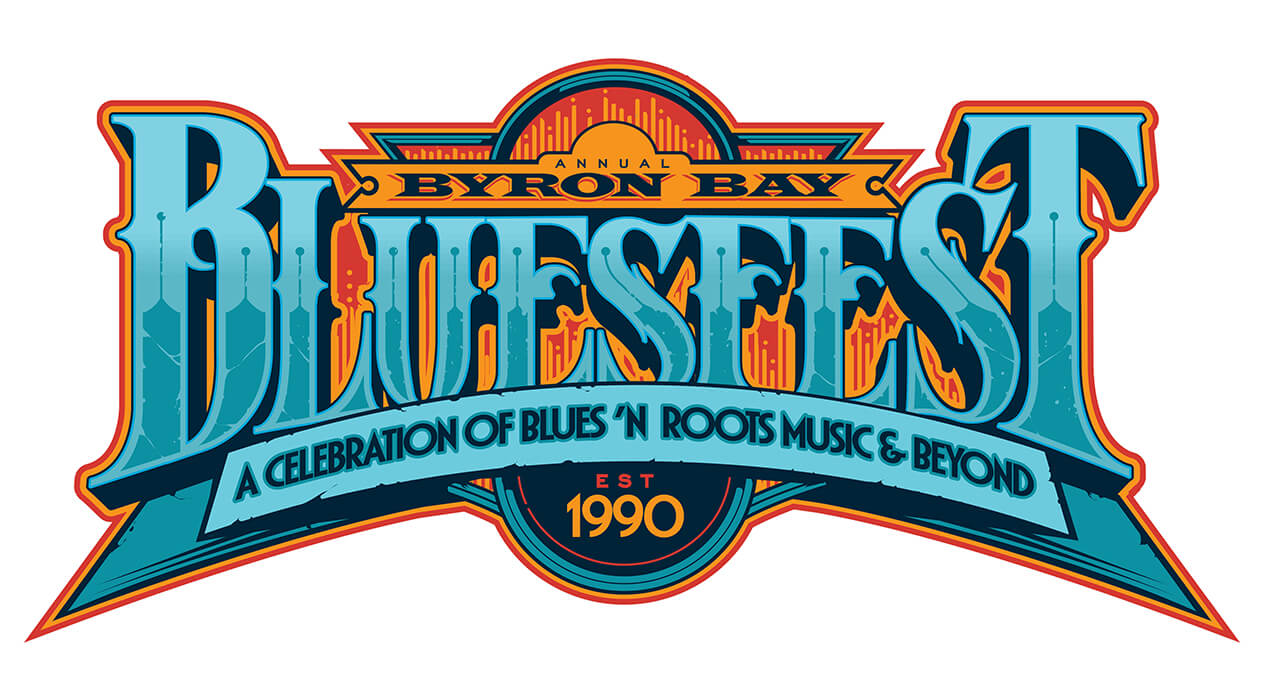

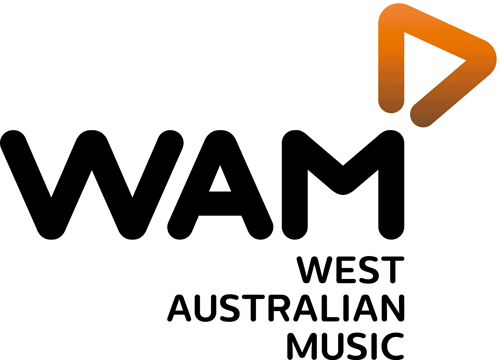

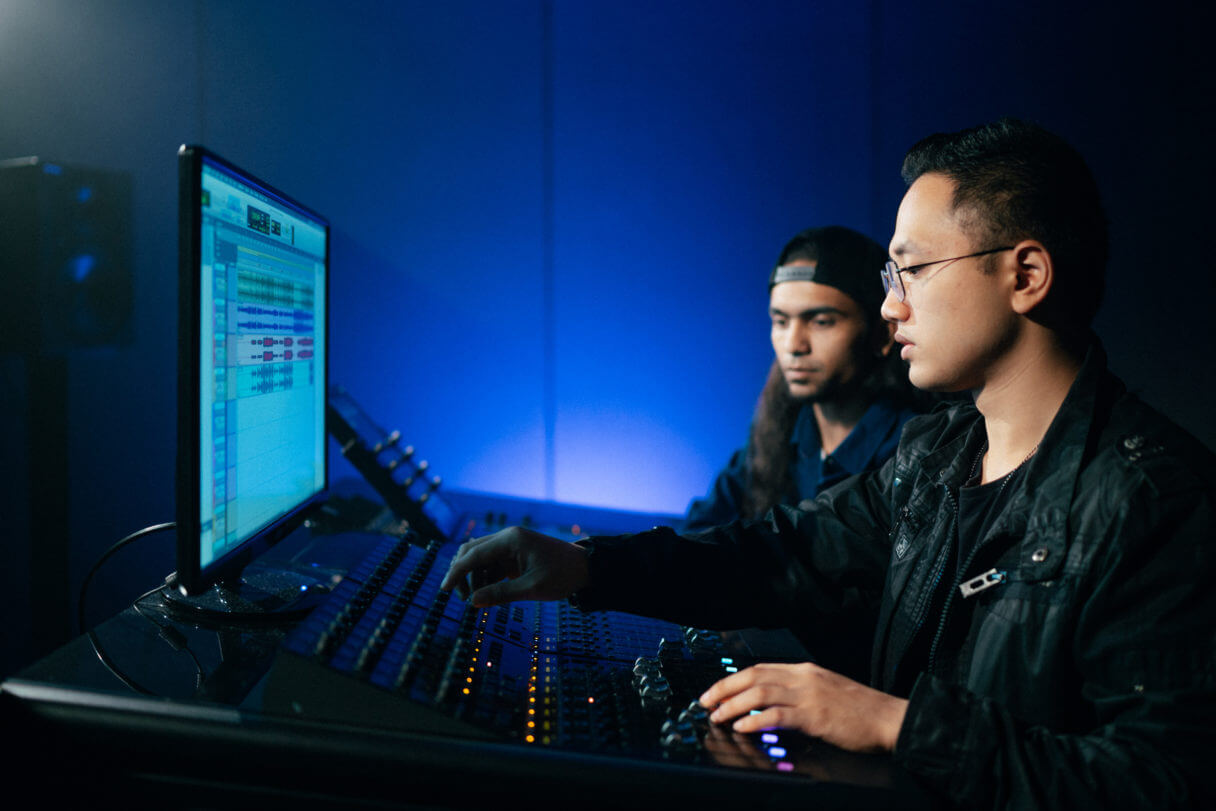
Career Outcomes
What jobs will this course lead me into?
- Assistant Sound Engineer
- Radio/Broadcast Personnel
- Junior Studio Administrator or Sound Designer
- Voice over Recordist/Engineer
- Junior Sound Editor
- Live Sound Operator/Assistant
- Studio Engineer
What our students say about SAE


Sophie Ryder
Bachelor of Audio, graduated 2022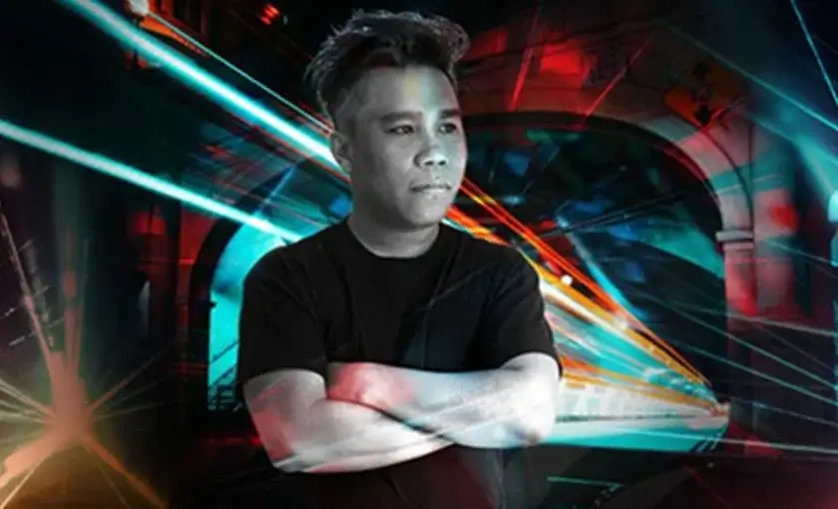
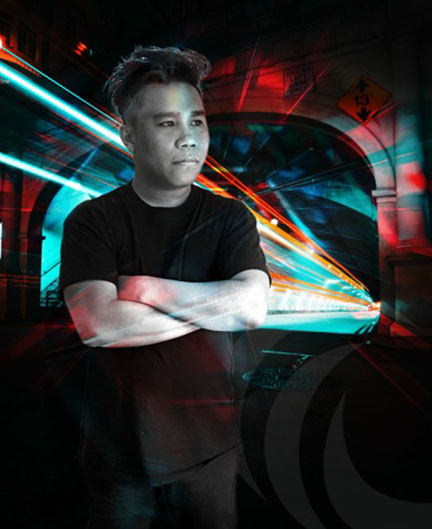
Charles Inopiquez
SAE Alumni | Current Job: Signed Music Producer
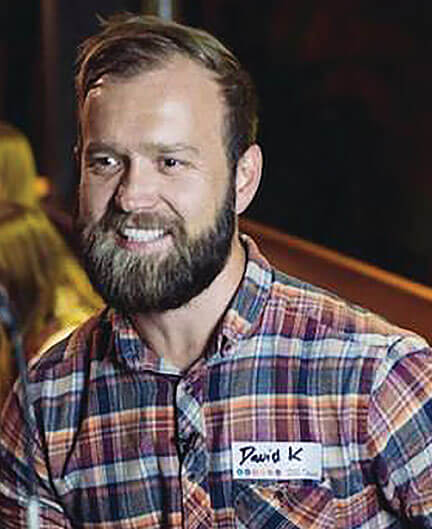
David Kucynski
SAE Alumni | Current Job: Sound DesignerSAE Diploma of Audio Production offers:
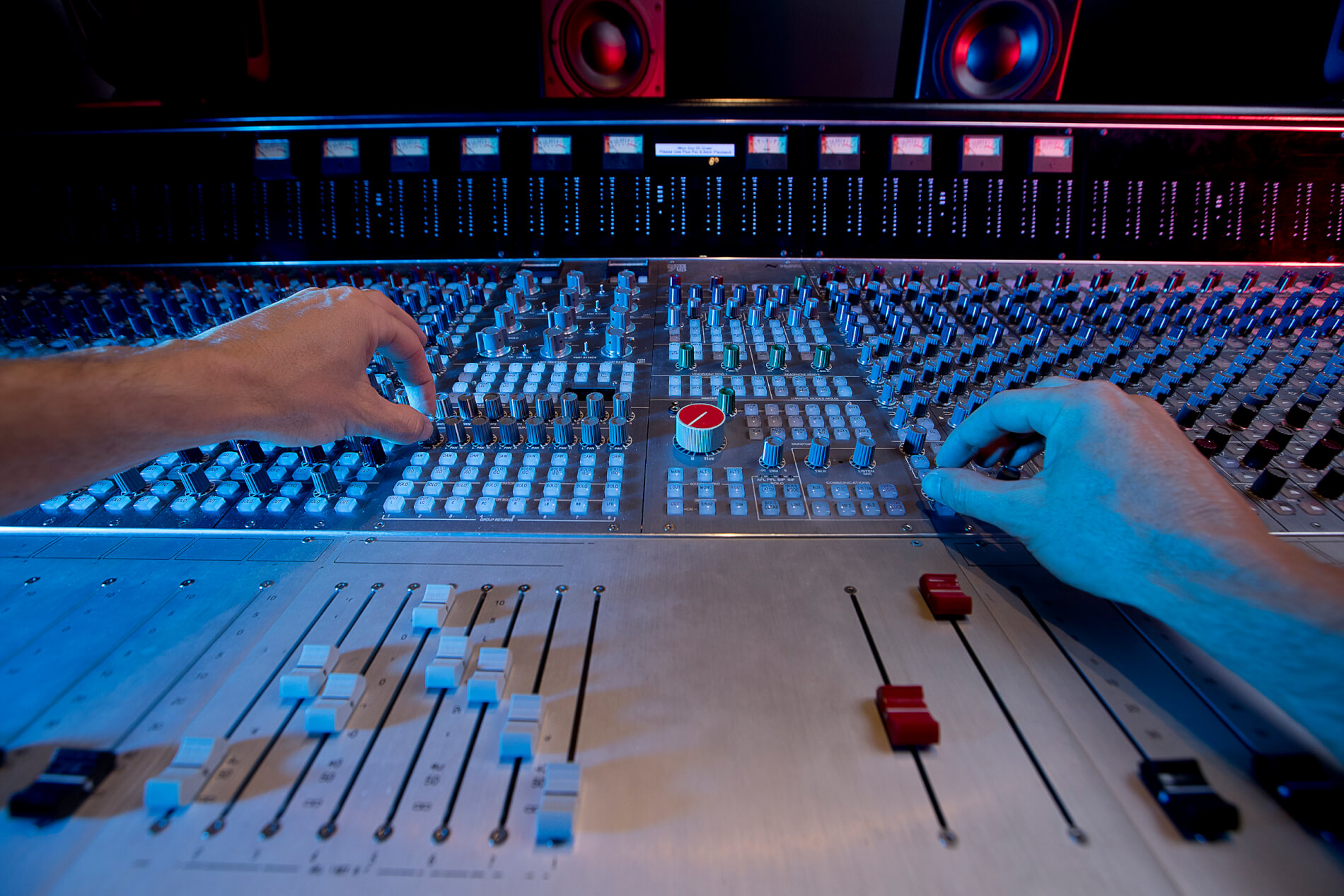
YOUR CAREER IN AUDIO BEGINS NOW
THIS AUDIO COURSE COVERS:
FEE‑HELP* is an Australian Government loan scheme that assists eligible fee paying students pay all or part of their tuition fees. It cannot be used for additional study costs such as accommodation or text books. The total amount of FEE‑HELP a person can use is known as the ‘FEE‑HELP limit’.
Once a person begins using FEE‑HELP, the amount of FEE‑HELP they have left to use is known as their ‘FEE‑HELP balance’.
* Terms and conditions apply. For the latest updates regarding FEE-HELP please refer to sae.edu.au/fees
We carefully design and deliver all our units to help you develop the knowledge you need to be successful in your chosen field of study. Courses and course units at SAE follow best practice teaching and learning.
Your tuition fees are due prior to the trimester start date. If you are applying for Fee-Help or VET Student Loans, you must submit the required application form and supporting documents prior to the intake start date.
CREDIT AND RECOGNITION OF PRIOR LEARNING
SAE may recognise your prior learning and may grant credit towards satisfying the requirements for a higher-level program. This is applied where previous learning is considered equivalent to the content and learning outcomes prescribed for units within the program.
For full details, please refer to SAE’s policy on recognition of prior learning and credit transfers.
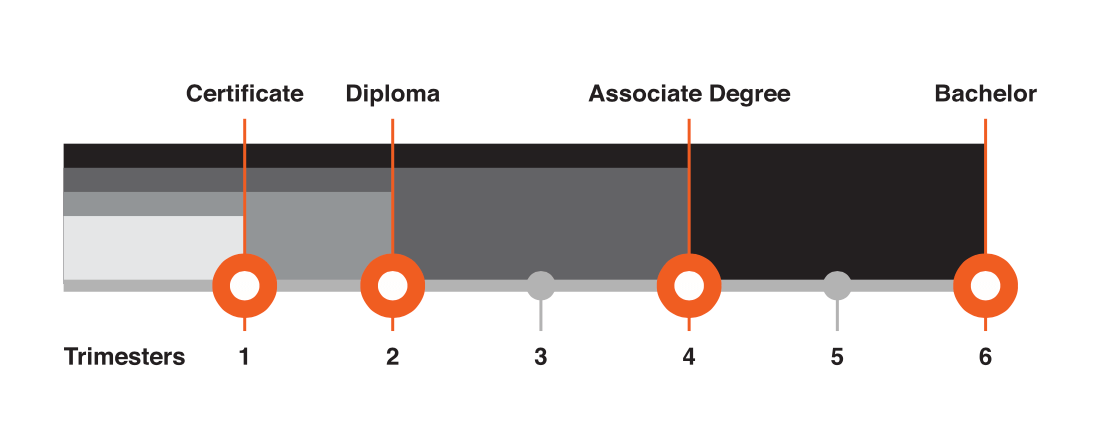
Easy transition into the Bachelor Course
This means that when you complete an SAE Diploma you will be awarded the maximum credit points available, providing you with the opportunity to seamlessly transition into the higher level Associate and Bachelor degree qualifications if you choose to do so.
